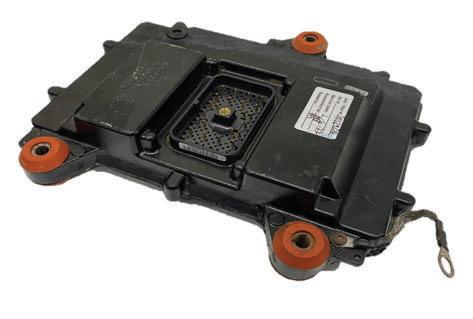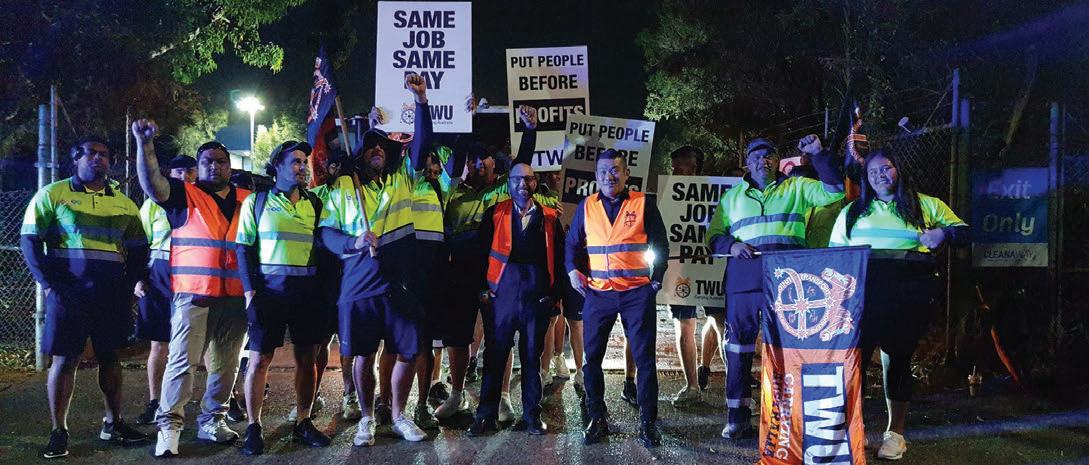
2 minute read
Truckies are continuing to fight hard for their rights
RICHARD OLSEN TWU NSW State Secretary
RICHARD OLSEN TWU NSW/QLD State Secretary
DRIVER shortages are an indication of the state of affairs in our industry. When companies are closing their doors because they can’t get enough drivers, and ‘overtime’ becomes ‘all-the-time’ just to get the job done, there’s a serious problem.
We know trucking is an ageing workforce. So, what happened to the industry once revered by youngsters? Where did the camaraderie go?
Over decades, trucking has been fractured and fragmented, squeezed from the top and unsupported from below by a lack of minimum standards. Then came the gig tsunami pulling the rug from under traditional transport operators who’d always made a good, honest living.
Every workforce seems to be facing staff shortages at the moment, with the pandemic
LEGAL EAGLE ROWAN KING Principal Lawyer RK Law
RICHARD OLSEN receiving most of the blame.
When it comes to trucking, we need to look back further. We need to look up and down and side to side, because supply chains are under attack from all angles, and it’s always drivers copping it the worst.
Nobody is more affected by driver shortages than drivers themselves. The pressure to meet unrealistic deadlines and work longer, faster and harder is only made worse by a scarcity of drivers.
Usually when something is rare it is more valuable. Good time to be a truckie, you’d think.
It’s true some may have managed to up their rates or switch to a company that offers better entitlements. But it is also true that many are facing worse pressure, or having to fight hard just to maintain what they have.
FedEx has taken the low road, opting for a gig-style model to compete with AmazonFlex, putting its existing workforce on notice that jobs and entitlements are under threat.
Caterpillar 257B Interlock Module
At Cleanaway, waste workers up and down the country are having to take protected industrial action to hold on to their hard-earned overtime rates and other conditions.

It is a brutal and unfair approach to rely on your workforce to stay out on the road for longer, work extra shifts and give up weekends to help get the job done –only to try and take away those overtime rates when the enterprise agreement is up for negotiation.
Congratulations to all the waste workers who’ve been taking action to protect what they’re owed. It is a tough job out there keeping our streets clean and homes and businesses waste-free, and the workers deserve respect.
It shouldn’t take protected industrial action for workers to get their fair share. Safety should always be the first priority, followed closely by fairness.
This year, we’ll be working together to ensure the government can act on its commitment to empower the Fair Work Commission to set fair, safe and sustainable standards in transport.
Only by lifting standards across the industry will we see it become an appealing job again, and the deadly pressures eased.
ECMCATC13REP customer’s unit.










